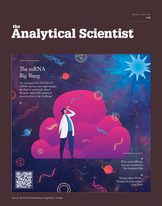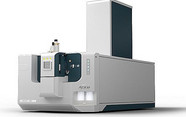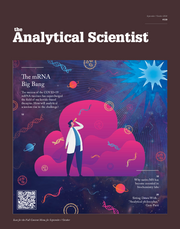Trace Analysis of TCDD and PBDE Persistent Organic Pollutants Using an Atmospheric Pressure Chemical Ionization GC Coupled to a High-resolution QTOF - MS

contributed by Bruker |
Introduction
Polychlorinated dibenzodioxins (PCDD), polychlorinated dibenzofurans (PCDF) and polybrominated diphenyl ethers (PBDE) belong to the class of persistent organic pollutants (POPs). They are one of the major concerns in present environmental discussion. Due to their environmental persistence, their accumulation in the food chain it is of general interest to analyze them with good sensitivity and confidence.
GC-APCI coupled to a high resolution QTOF-MS offers a suitable and sensitive analytical approach for the analysis of these POPs. Here we report a method for Decabromodiphenylether (decaBDE) and 2,3,7,8-Tetrachlorodibenzodioxin (2,3,7,8-T4CDD or TCDD) as they are key substances for their compound classes. PBDEs are among the EU priority substances and decaBDE is most difficult to analyze, because it is less volatile and additionally thermolabile. TCDD is a priority pollutant world-wide and is the most toxic substance of the PCDD/PCDF family.
Log in or register to read this article in full and gain access to The Analytical Scientist’s entire content archive. It’s FREE!

















